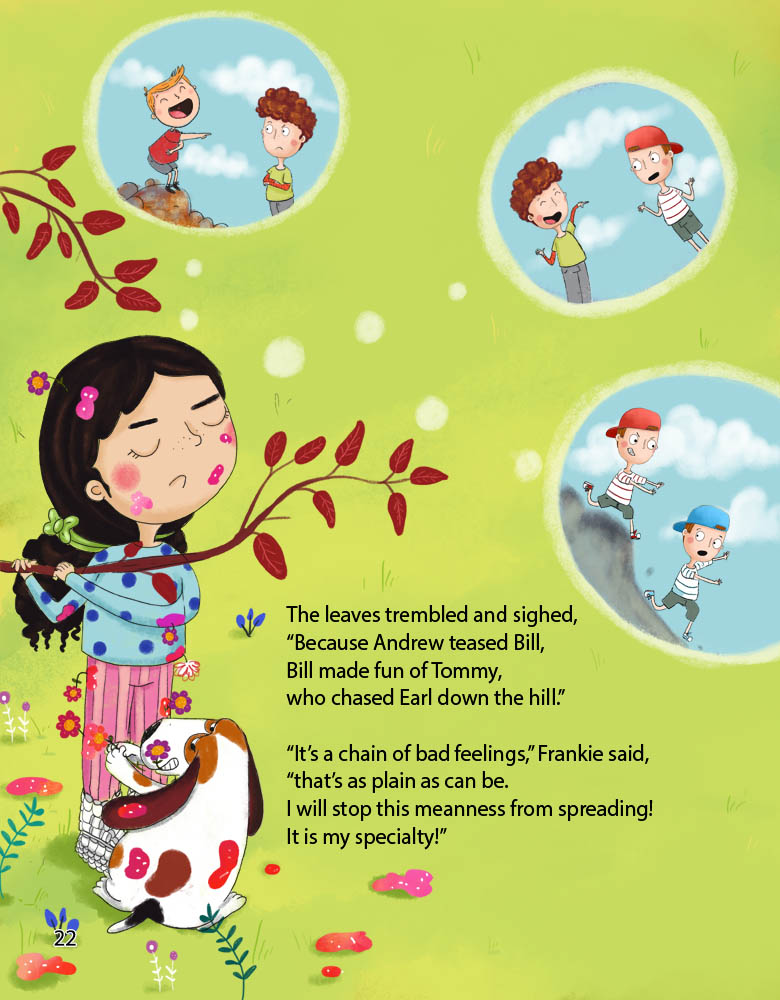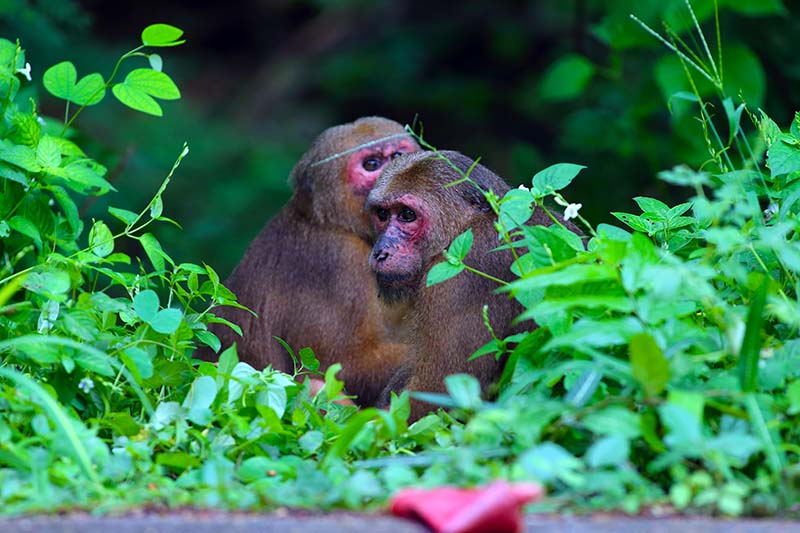2.0-minute read
If you will stay close to nature, to its simplicity, to the small things hardly noticeable, those things can unexpectedly become great and immeasurable — Rainer Maria Rilke
Your home is your sanctuary. Depending on where you are in the world, it may now also be your office, your school, and your gym. As we strive to cope with unprecedented changes to the landscape of our daily lives, maintaining a connection to nature through indoor plantification can help alleviate the stress of the currently mandated space in between.
A meta-analysis out of Norway evaluating the impact of visual contact with nature on wellbeing indicates that increasing our proximity to plant life at home can be an important factor in improving psychological health. Examining the outcomes of fifty empirical studies researchers set out to determine whether the visual presence of plants in interior spaces could have the same positive effect on cognition and emotion as exposure to the great outdoors.
The theory that humans are hard-wired to have an affinity for nature, known as biophilia, is rooted in the idea that because we evolved in the natural world, habitats most closely resembling our Environment of Evolutionary Adaptedness (EEA) may play an important role in stress reduction and recovery by influencing the subconscious parts of the brain. A living environment disconnected from the natural surroundings that we adapted to over millions of years of evolution could have a negative effect on wellbeing even in people who are indifferent to the leafy green components of our planet.
So what does that mean for surviving the challenges of a stay-at-home life? According to the research, adding elements of nature to indoor environments can be psychologically restorative by helping to reduce the tension that may lead to stress-related disorders. In addition to purifying the air, increasing humidity, and improving the overall aesthetic appeal of a room, the presence of plants has been shown to aid recovery from mental fatigue, increase alertness, improve task performance and reduce stress levels. A related article published in the Journal of Alternative and Complementary Medicine concluded that in environments where live plants may be prohibited, such as healthcare facilities, even posters of plants helped to reduce stress and negative feelings.
The psychological benefits of interacting with nature—inside or outside are now widely recognized. If you are looking for some low-cost ways to reduce stress during social distancing, especially if you are a yard-deprived urban dweller, consider adding some soul-soothing greenery to your space in the form of live plants or images of botanicals. If you’d like to find out which plants help remove toxins and improve the air quality in your home, check out this list from EcoWatch. And for those of you in the northern hemisphere with a personal outdoor patch, it’s officially spring; time to dig in and grow a mood-lifting Smile Machine.
To learn more about the origins of the human tendency to be close to nature, we highly recommend Biophilia by Edward O. Wilson. Speaking of books, we’d like to remind everyone that you can borrow them through the Overdrive app from local libraries in 75 countries without leaving your home/office/school/gym.
Until the rhythms of life return to normal, we hope that you can find some comfort in the small splendors of green, living things.
And from the bottom to the top of our hearts, thank you for your continued support of Favorite World Press in these extraordinary times.
Wherever you are on the planet, beaming out best wishes for you to stay safe and be well.




















































